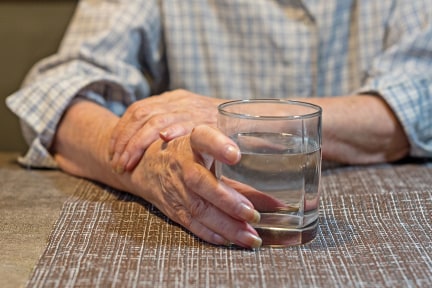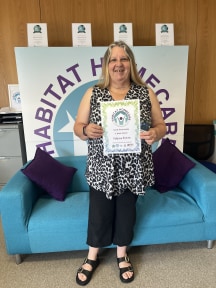Treating Depression

In October 2009, NICE (The National Institute for Health and Clinical Excellence issued guidance on:
- Treating depression in adults and
- Treating depression in adults with long-term physical health problems.
The guidance covers diagnosis, treatment options that should be available on the NHS for mild, moderate and severe depression and how to stay well in the future. It also suggest questions you may like to ask about your treatment and how family and friends can help in supporting you.
Patient versions of this guidance are available on request or can be downloaded from the NICE website. You can find out how to do this in the ‘further information’ section. There are several treatments available for depression depending on the severity of your symptoms:
- Advice from your GP or nurse at the practice on managing or coping with symptoms, with the offer of a review within 2 weeks to see if they are helping and how you are
- Joining a physical activity programme that takes account of any health problems you have. Regular exercise is known to improve mood and sense of wellbeing as well as improving physical health
- Joining a peer support group – an opportunity for you to meet with others who have the same condition so you can share your experiences and solutions
- Psychological therapies (talking therapies) such as counselling or cognitive behaviour therapy
- Anti-depressant medication
- Assessment and support from a member of the community health team or local persons mental health team
In your discussion with your GP ask him to explain:
- Which treatments may be appropriate in your case. If your GP favours a particular treatment, ask why?
- How the different treatments work and their benefits and risks
- How soon you can expect to start to feel better
- How long are you likely to need to continue with treatment
- How often you need to come back for a review
- What you can do to help yourself and whether there are any local groups you may find it helpful to contact.
You can then discuss your preferences and agree which treatment(s) you should try.
If your are considering talking therapy, be sure to mention any cultural, language or religious needs you have or any hearing or sight problems, so they can be addressed when arranging therapy for you.
If you have a health problem or hearing or sight difficulties that could be contributing to how you feel, make sure you are getting the best possible treatment for those too.
Support from family and friends
Latest Care Provider & Regulatory News
 12-Aug-25
Staying Safe in Hot Weather: Home Care Tips for Older Adults
12-Aug-25
Staying Safe in Hot Weather: Home Care Tips for Older Adults
 12-Aug-25
Happy 4-Year Work Anniversary, Trish!
12-Aug-25
Happy 4-Year Work Anniversary, Trish!
 12-Aug-25
Going above and beyond
12-Aug-25
Going above and beyond
 12-Aug-25
Radfield home Care stand and support 999 emergency services
12-Aug-25
Radfield home Care stand and support 999 emergency services
 12-Aug-25
Spot the Signs: Community Dementia Workshop
12-Aug-25
Spot the Signs: Community Dementia Workshop